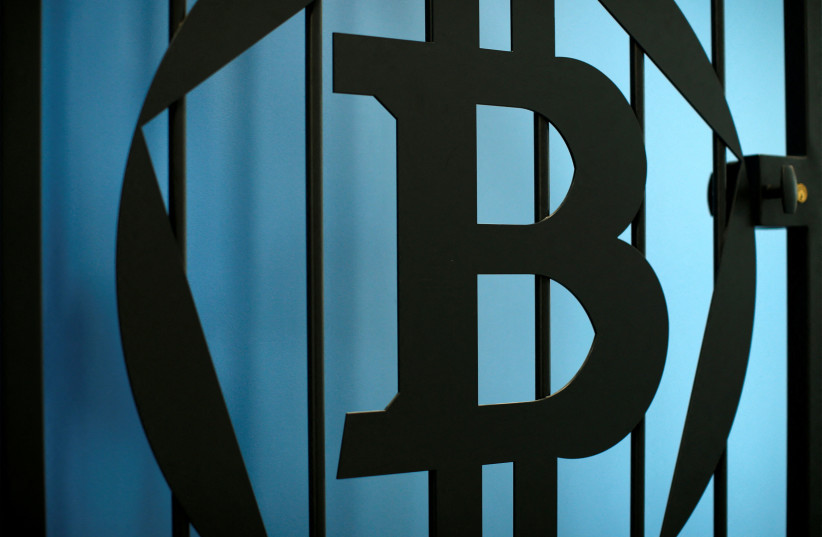Over a decade since Bitcoin was invented, its value has grown tremendously. For example in 2010, just a year after its creation, BTC was worth less than a dollar. However, it is currently trading at around $20,000 per BTC having reached over $50,000 at one point. As its popularity has grown, so has its impact on the environment.
How Bitcoin affects the environment
New Bitcoins are created via a process called mining. It entails validating and recording new transactions on the blockchain. When a miner does this, he receives a reward in the new BTC. As the price of Bitcoin climbs higher, more miners are competing to validate transactions, and the puzzles are getting harder. It often means miners need more computing power to improve their chances of validating transactions.
As is to be expected, more computing power means more energy consumption. Today, it is believed that a single Bitcoin transaction uses 707 kWh or more. Additionally, the computer uses additional energy to cool down due to all the heat it generates. Since different computers have different cooling systems, it is impossible to know exactly how much power each computer uses. However, one study by the University of Cambridge estimated that the process consumes 121.36 terawatt-hours annually. This is more power than is used by most mid-sized countries in the world today.
With Bitcoin’s popularity growing, it means more miners will try to validate transactions, which will increase the difficulty level. The result is that even more power will be used to keep the Bitcoin network going.

In 2020, China accounted for over 65 percent of the Bitcoin processing power due to the country’s cheap power from dirty coal plants and hydropower. However, China has been cracking down on Bitcoin mining out of concern about the financial risk and huge energy consumption that work against the county’s goal to be carbon neutral by 2060. As China locks out miners, various US states have been working hard to attract Chinese miners, believing it will boost their economies.
Impact on wetlands and e-waste
The process of Bitcoin mining also generates a lot of e-waste. When a Bitcoin mining rig is damaged, it often means that a new one must be purchased. Most of the time, it is cheaper to buy a new one than attempt to repair one. As a result, most e-waste is generated, which often finds its way to landfills. This e-waste often contains harmful compounds and heavy metals in small amounts, which can build up over time.
There is also an impact on water bodies. One example of how this happens is the Greenidge Generation coal plant, which converted to a natural gas plant and began mining Bitcoin. Its greenhouse gas emission grew ten-fold from 2019 to 2020. The plant uses a lot of water, which must be discharged back into Seneca Lake, at temperatures of up to 50 degrees higher.
Summary
In general, Bitcoin is having a huge impact on the environment via different means. For it to create a new, better future, something must be done. One way to achieve this would be to shift to a Proof of Stake mechanism, which consumes less power.
The writer is a student at the School of Communication at Bar-Ilan University.
